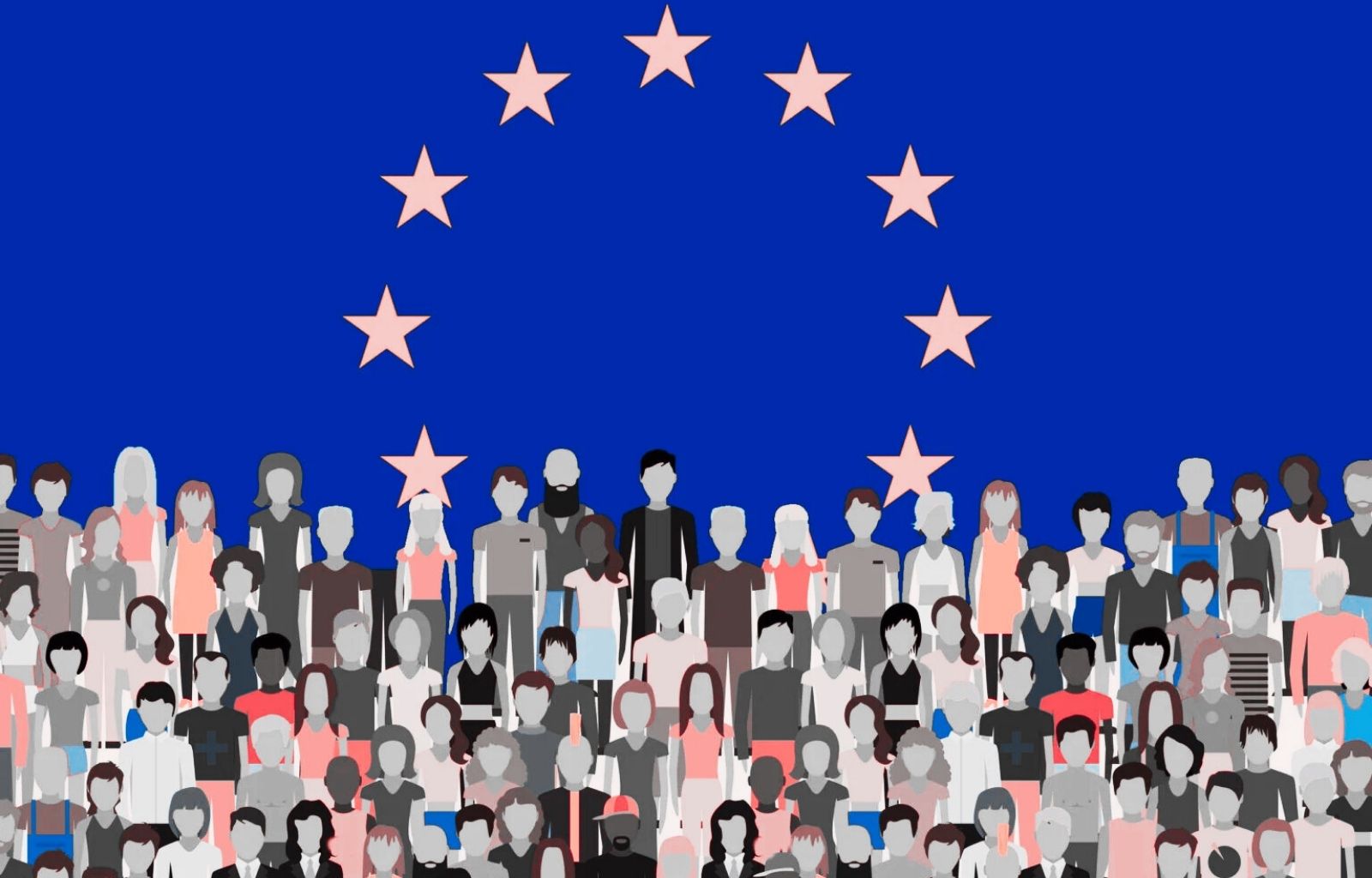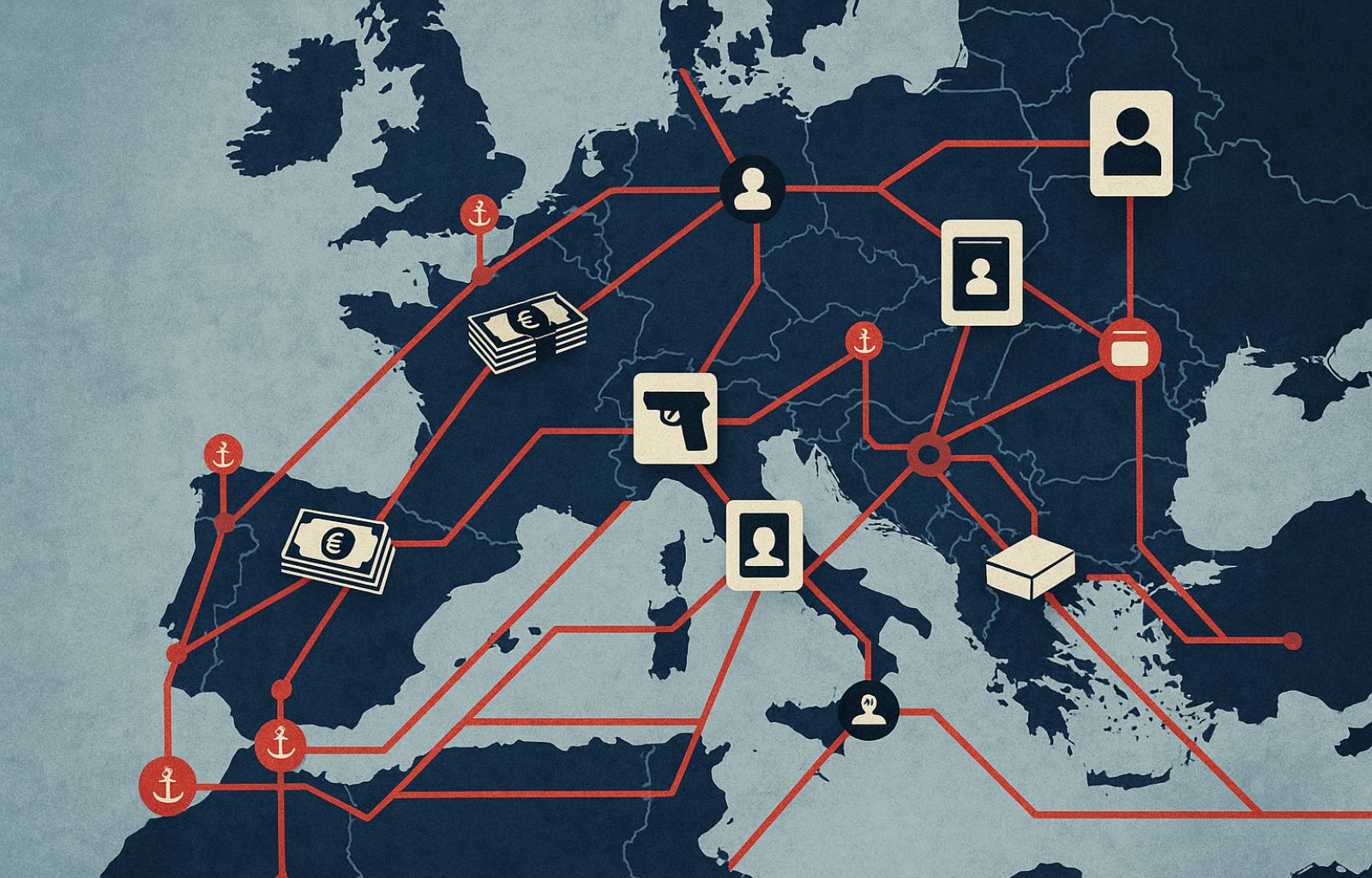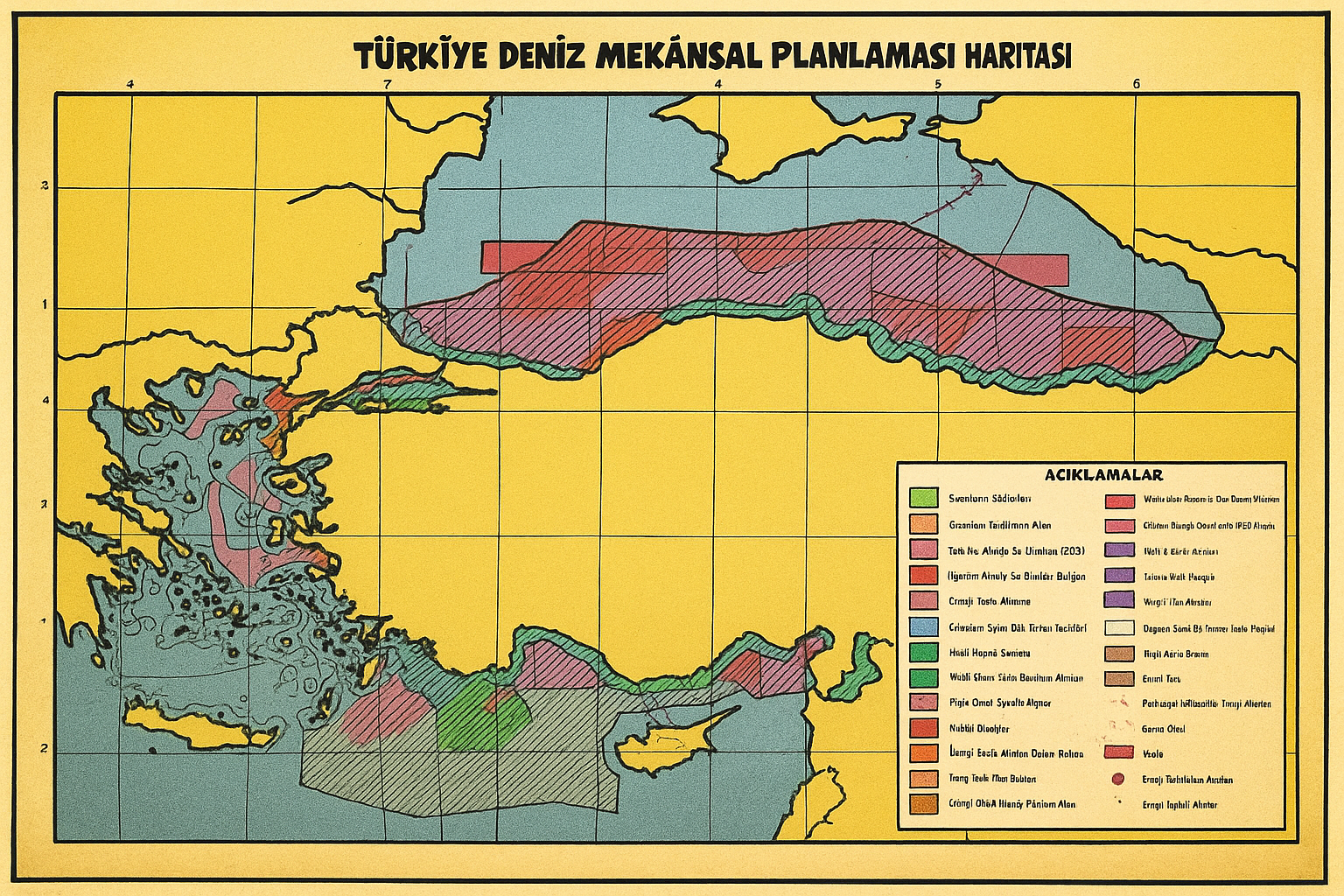European Welfare. If not today when?

A few years ago a directoire met in Europe. There was the Greek crisis, and the four largest countries – Italy, considered a Pigs (a country at financial risk), France, Germany and the UK – met to talk about welfare. The British were still in the EU, time flies, but the problems remain. Nothing was done about it because the German accountancy, still a locomotive, was selfish; in the UK they could be happy to manage (it is now their only job) social security and pension contributions; the French, who have a fair amount of welfare, were afraid of losing it.
But the problem was urgent even then. The end of the industrial world, the age of steel, robotisation, ecological and digital transitions were evident. Today we even haveAI, but Stanley Kubrick has been telling us this since 2001: A Space Odyssey, dated 1968.
Both the iconic filmmaker and George Orwell were right, but we Europeans continue to act like ostriches, with no vision and therefore no ability to face the challenges of a global world, convinced that our prosperity can continue indefinitely.
The Need for a European Welfare
It took Vladimir Vladimirovic Putin to awaken us from our torpor, and today it is not only the Ukrainian without heating who suffers, but also the laid-off Volkswagen worker. The German worker, who built the people’s car with Teutonic fervour, used to earn 56,000 euros a year. Today he has to make do with a pay cheque that amounts to 60 per cent of that sum. He will have to choose between paying for his heating, which has also increased in Germany, or drinking pints of beer with friends. If he chooses the latter, perhaps embittered and depressed by the recession, he will hardly then speak well of his government, as he had done until then. And if the breweries get organised, the drift is assured.
The automotive problem is a glaring sign of European short-sightedness. Ursula and co. could have launched the Green Deal, but only if among other things (such as promoting a truly European supply chain) they had equipped a European welfare fund to deal with the transition times, which they have not even calculated. If they had pushed a plan onhydrogen, which is still in its infancy, and above all if they had understood on what to retrain masses of skilled and, until then, well-paid workers – the Germans, not the Italians.
Today there is a need, in order to achieve industrial transition in a global hyper-competitive world, for extraordinary European subsidies, at least for large and medium-sized companies. Just as we need a minimum wage, so that we Europeans do not wage war with each other, and a minimum European pension, managed by a continental INPS.
If a European citizen receives a social security, pension or unemployment cheque at home, he understands what this Europe is for: to protect him. Giving only rules and not providing benefits makes European integration useless for citizens, who end up inexorably stoking the fires of populism.











